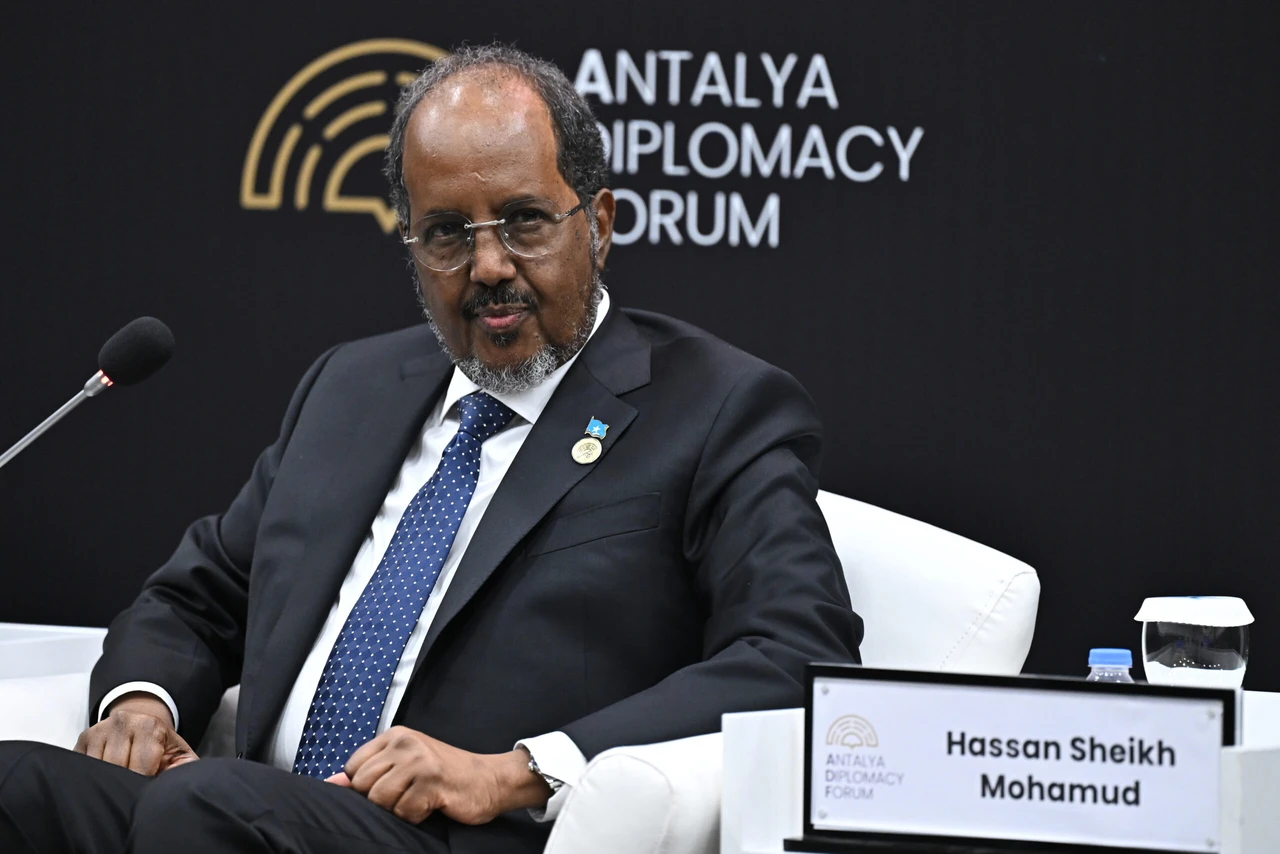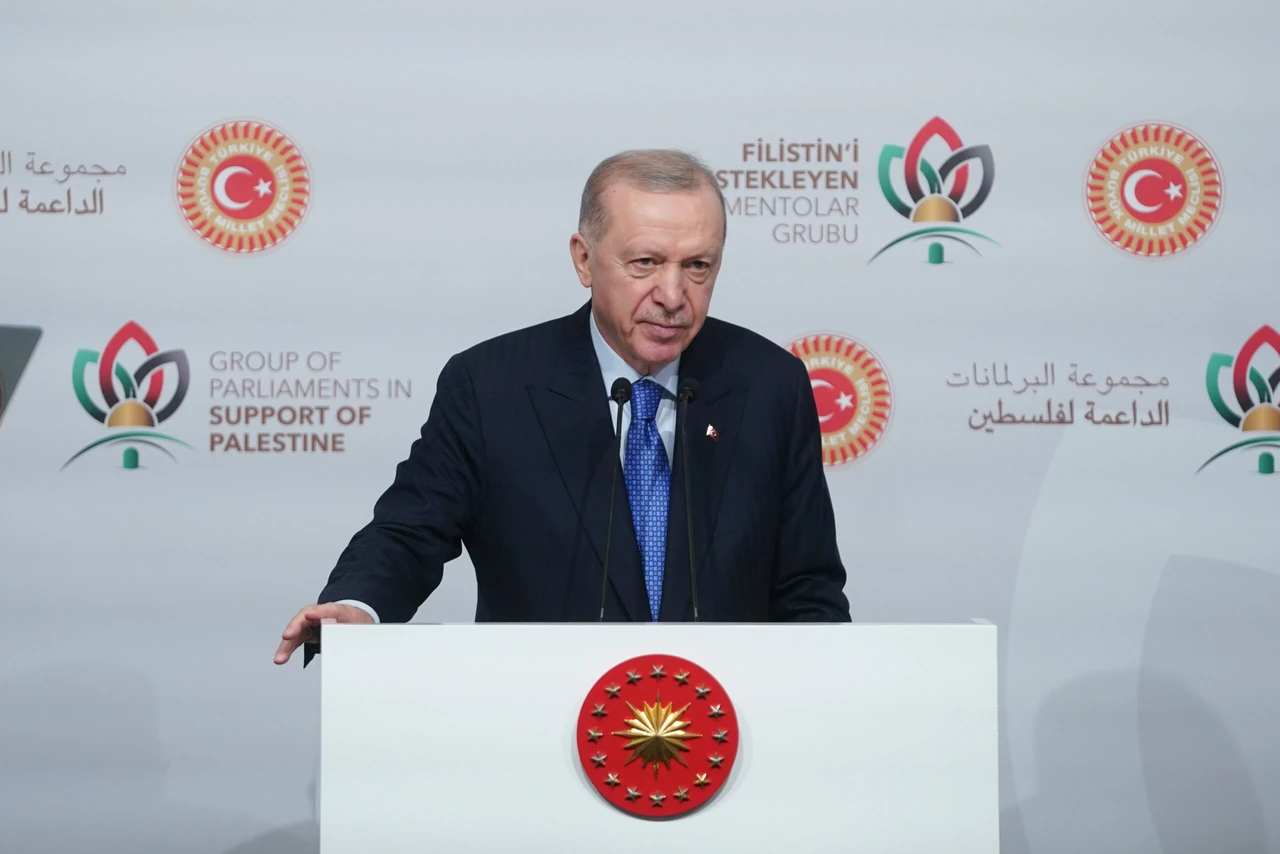Sri Lanka elects Marxist leader Dissanayake as 9th president in run-off election
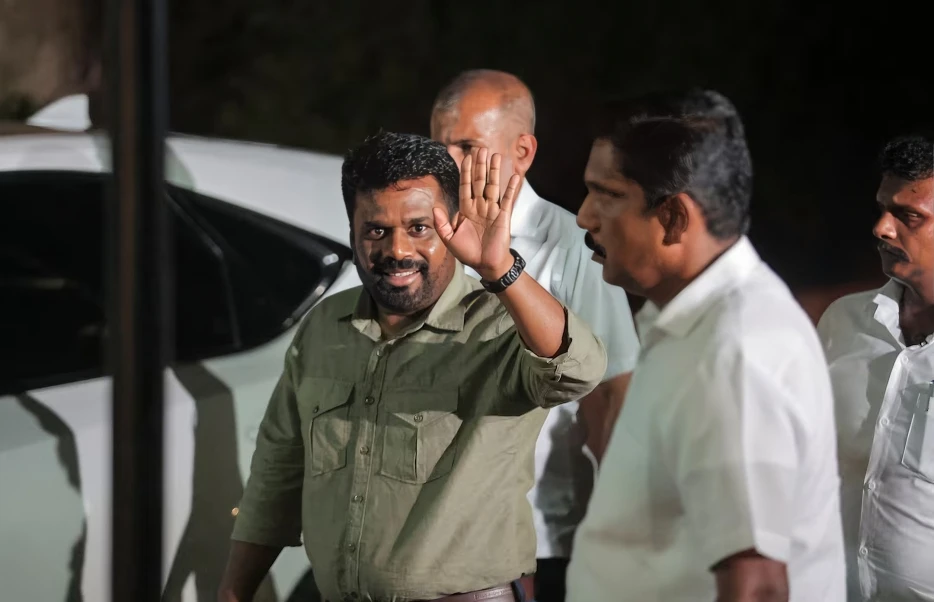 Marxist leader Anura Kumara Dissanayake waves after declaring victory in the presidential elections in Colombo, Sri Lanka, on September 22, 2024. (Reuters Photo)
Marxist leader Anura Kumara Dissanayake waves after declaring victory in the presidential elections in Colombo, Sri Lanka, on September 22, 2024. (Reuters Photo)
Anura Kumara Dissanayake has been elected as Sri Lanka’s 9th president following a decisive victory in the recent runoff election. Known for his Marxist leanings, Dissanayake previously led uprisings in 1971 and 1987-1989 that resulted in the deaths of more than 80,000 people. His election comes in the wake of a significant economic crisis that led to the overthrow of the previous government.
Dissanayake, commonly referred to as AKD, secured 55.89% of the vote in Saturday’s runoff for the National People’s Power party, after no candidate achieved the required 50% in the initial round.
‘A new renaissance will rise’
In his victory speech, Dissanayake, 55, called for unity among all Sri Lankans—Sinhalese, Tamils, and Muslims—stating, “A new renaissance will rise from this shared strength and vision.”
He expressed gratitude to the public, saying, “The dream we have nurtured for centuries is finally coming true. This achievement is not the result of any single person’s work, but the collective effort of hundreds of thousands.”
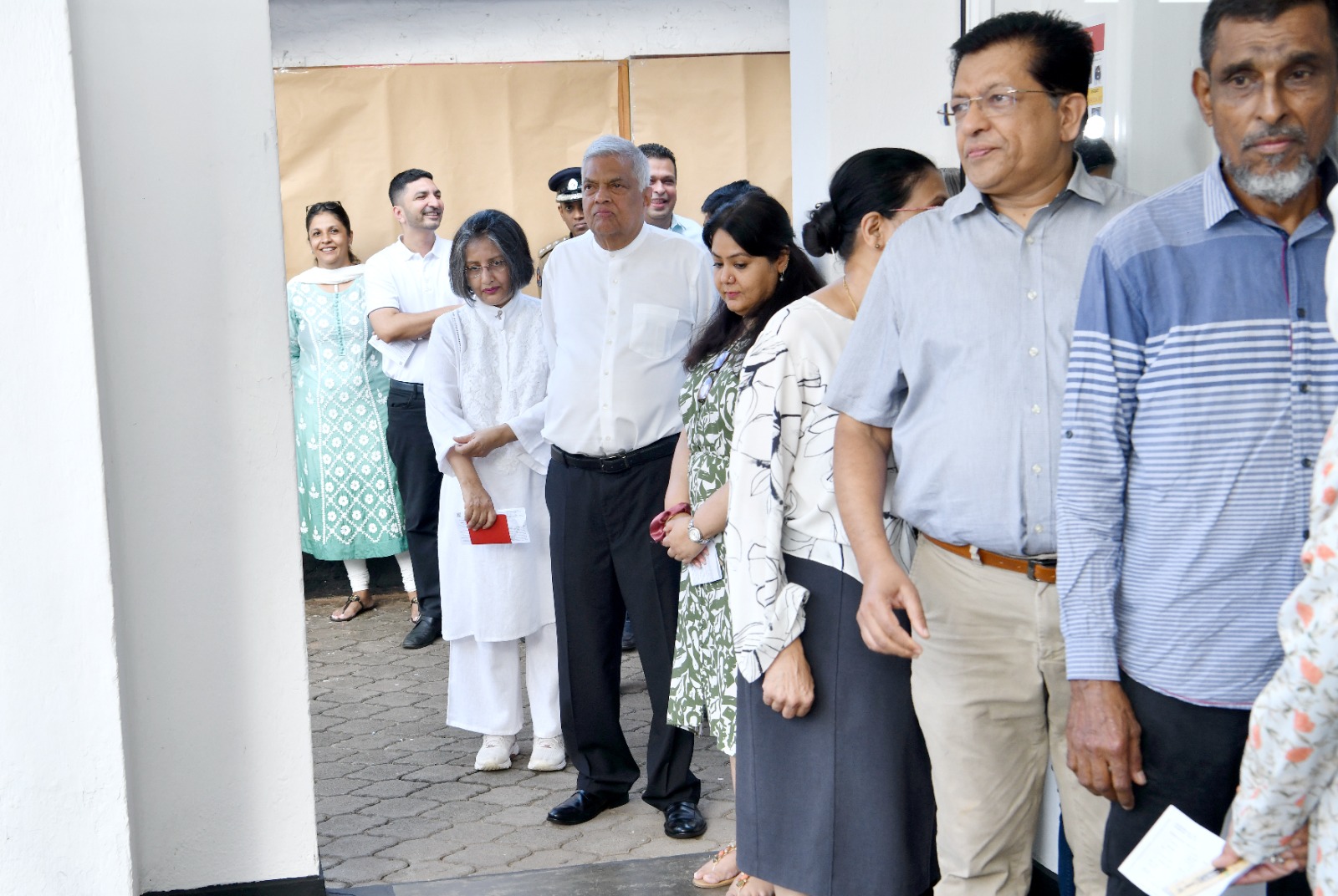
Marxist since school days
Born in November 1968 into a laborer family in Anuradhapura, Dissanayake received his education at Thambuthegama Gamini Maha Vidyalaya and Thambuthegama Central College.
He has been involved with the Janatha Vimukthi Peramuna (JVP), a Marxist–Leninist communist party, since his school days. Active in student politics at the University of Kelaniya, he joined the JVP politburo in 1995.
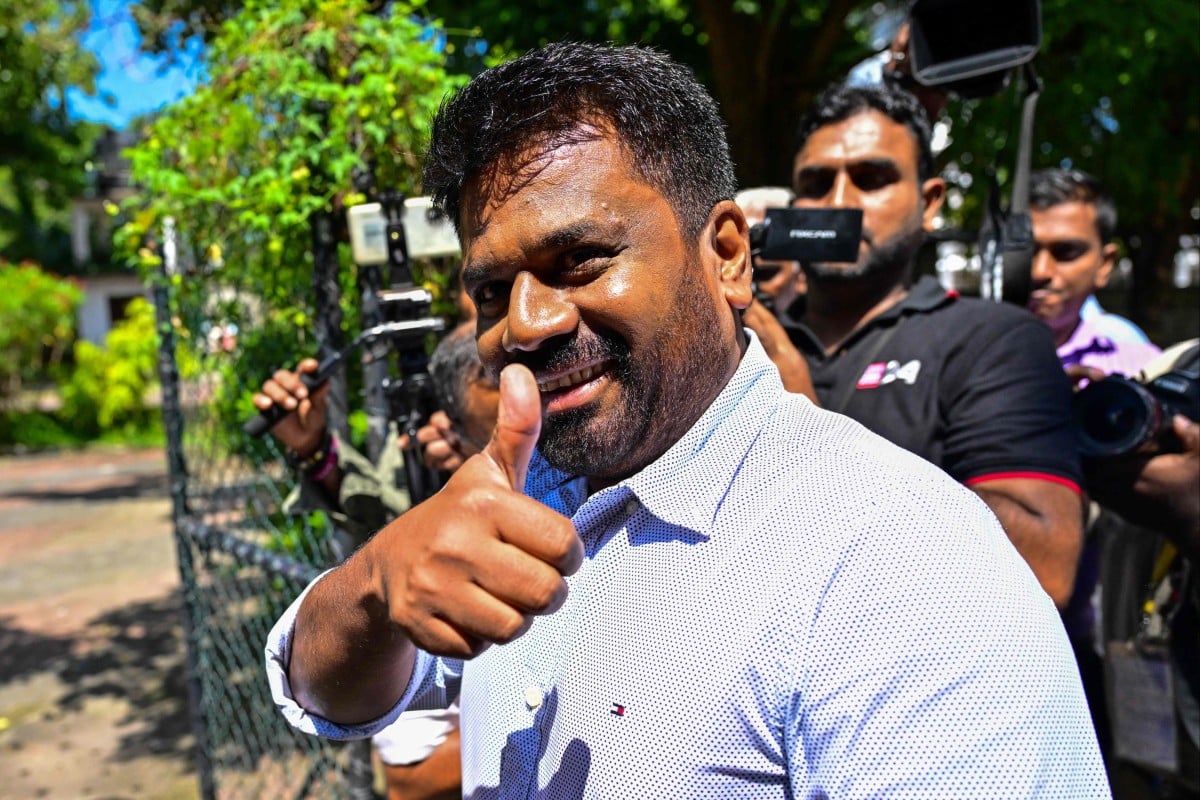
From MP to Marxist JVP leader
A father of one, Dissanayake has served as a member of parliament since September 2000, holding positions such as minister of agriculture, livestock, land, and irrigation from 2004 to 2005, and chief opposition whip from 2015 to 2018.
He became the leader of the JVP in 2014, steering the party through its historical context, including the two uprisings aimed at establishing a socialist state.
He participated in the 2019 presidential elections as a candidate of the National People’s Power (NPP), a political alliance led by the JVP, and came third with 3% of the valid votes.
Despite a lackluster performance in the 2019 presidential election, where he garnered only 3% of the valid votes, Dissanayake capitalized on the 2022 economic crisis, which resulted in widespread discontent with the political establishment.
Challenges ahead for Dissanayake
Dissanayake’s campaign resonated with the youth, promising to change the island’s “corrupt” political culture.
However, he faces formidable challenges ahead, including tackling deep-rooted corruption and revitalizing a struggling economy. Sri Lanka’s poverty rate doubled to 25% between 2021 and 2022, adding over 2.5 million people living on less than $3.65 a day.
Experts warn that the country’s economic situation remains precarious, with a $46 billion foreign debt and repayments yet to resume since the 2022 default.
Balancing commitments to the IMF program while implementing measures to alleviate poverty will be a significant test for the new president.
Dissanayake is expected to take the oath of office on Monday.


